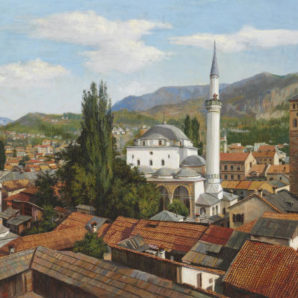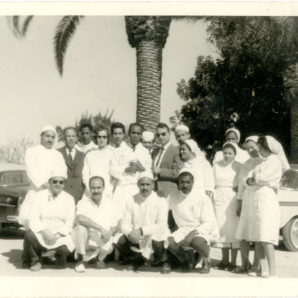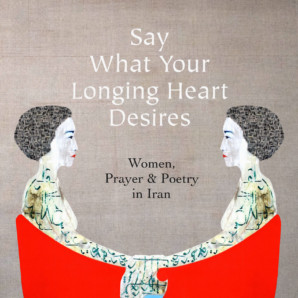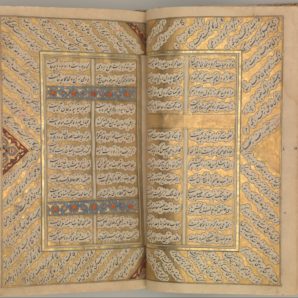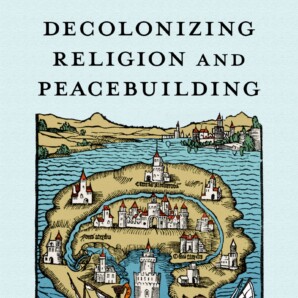
Introduction to Symposium on Decolonizing Religion and Peacebuilding
Decolonizing Religion and Peacebuilding asks the peacebuilding industry to look inward about the assumptions it makes about religion and its broader location within the ideological contours that shape modernity.
Read More →
Decolonizing Religion and Peacebuilding asks the peacebuilding industry to look inward about the assumptions it makes about religion and its broader location within the ideological contours that shape modernity.
Read More →




